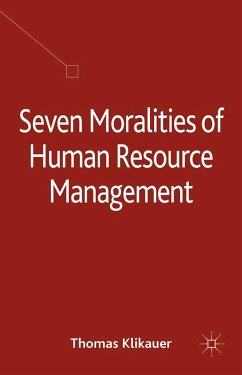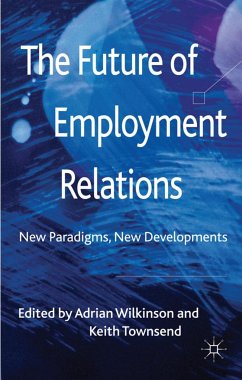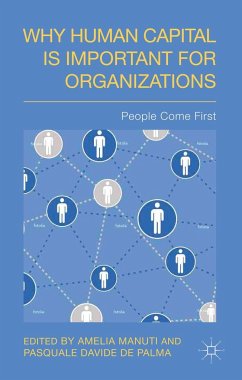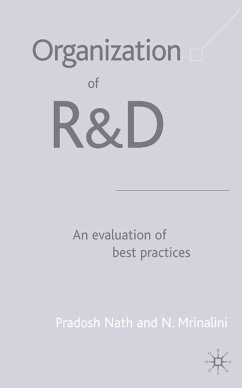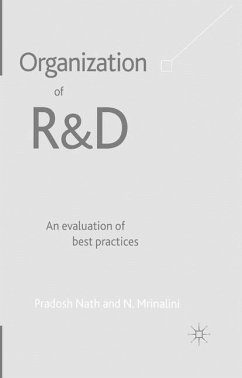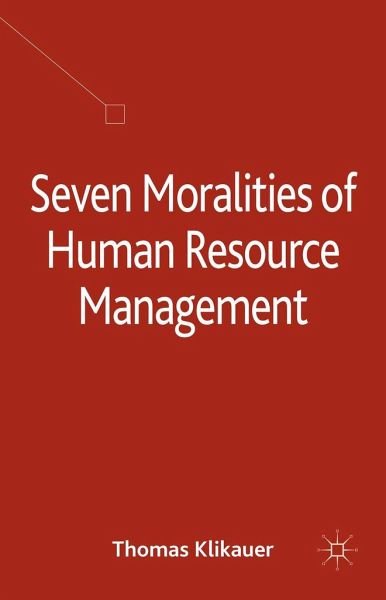
Seven Moralities of Human Resource Management
Versandkostenfrei!
Versandfertig in 6-10 Tagen
76,99 €
inkl. MwSt.
Weitere Ausgaben:

PAYBACK Punkte
38 °P sammeln!
Seven Moralities of Human Resource Management analyses morality of HRM from the perspective of American psychologist Laurence Kohlberg. This book examines and makes value judgements on whether or not HRM is moral from the viewpoint of Kohlberg's seven stages of morality as a follow-up study of the author's 2012 book, Seven Management Moralities.





